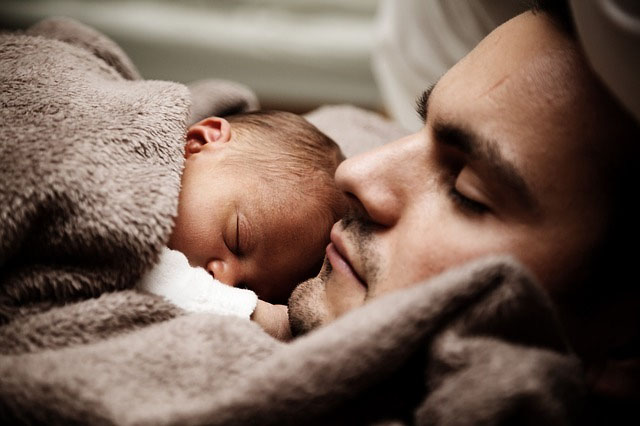Ensuring your child has a good nights sleep is always such a hot topic. Should you let them cry it out? And if you give in to your instincts and comfort them do you create a permanent rod for your back? Maybe co-sleeping or camping-in at the cost of your own night’s sleep is the answer? And then there’s the myth that once baby learns the art of sleeping, there will be no more sleepless nights. The reality is your child is a growing, thinking responsive human being and just like you will have nights that they cannot relax to sleep.
So whether you have a dream sleeper who has an occasional fussy night or a cat-napper who takes hours to settle, these three steps contain the essential elements to help your child relax into a longer, deeper more settled sleep.
The three R’s for getting some Z’s…
ROUTINE
Not surprisingly the advice given to insomniac adults is equally true for children. Set a routine, go to sleep and wake up at the same time every day. Routine is essential for your child as it establishes comforting predictability and a sense of safety. Choose a bedtime and stick to it. Research has shown a direct link between inconsistent bedtimes akin to jetlag. The UK study of 10,000 children from University College London found hyperactivity, behavioural and emotional disturbances worsen with age, if bedtime inconsistency is not addressed.
Your child’s bedtime ritual end-to-end should take no more than 20 minutes – a small investment for a big payoff. Once your child gets to the stage of yawning and closing their eyes your job is done. Push them past this point and they will become overtired inducing a hyperactive state or that all too familiar ‘bouncing off the walls.’
Although essential routine alone is often not enough…
RE-CONNECTION.
Children need and want to be with parents. Gentle attentive parenting is about that connection and responsiveness between child and parent. It promotes bonding and provides your child with emotional security hard-wiring your child’s brain to have the capacity to develop self-control and the ability to self-settle.
Don’t be afraid to spend a little time re-connecting and satisfying your child’s emotional needs. Some sleep techniques advise avoiding eye-contact and close touch, but as part of your bedtime routine don’t be afraid to be fully focused on your child. Cuddle, pat, sing, hum, rock – whatever you feel helps them feel safe, secure and loved.
Re-connection is the secret to the third R…
RELAXATION.
Without achieving a state of relaxation your child can’t fall asleep. Many parents struggle with helping their child relax, spending hours trying, ending in frustration and anger on their part, and creating overtired, emotional children, ready to party all night long.
The essential ingredient in your child’s relaxed state is taking that time for re-connection, to fill their emotional cup. Once your child feels connected they will be able to relax. You can help them transition to a state of deep relaxation with gentle song, soft meditative music or a favourite cuddle toy or ‘blankie’.
Routine and re-connection to allow for relaxation, the three essential elements for helping your child sleep. Deeply relaxed restorative sleep can be a reality for the whole family without having to resort to extreme solutions. Why choose a stressful and distressing process when your baby or child’s bedtime can be gentle and nourishing for the whole family?

Did you know babies are forming memory association before birth?
Your unborn has the ability to remember sounds when hearing is developing and gaining pitch acuity from the second trimester.
If mothers were to play appropriate sleep music in the weeks prior to birth, babies would respond and be calmed after birth.
Such a simple solution and beautiful way to promote bonding, not to mention the neural connections forming within the developing brain of the infant that help develop resilience to stress later in life.
Music is an ideal resource for relaxing mums and dads as well.
Happy parenting from Deb Herdman
Read the article from the link below.






